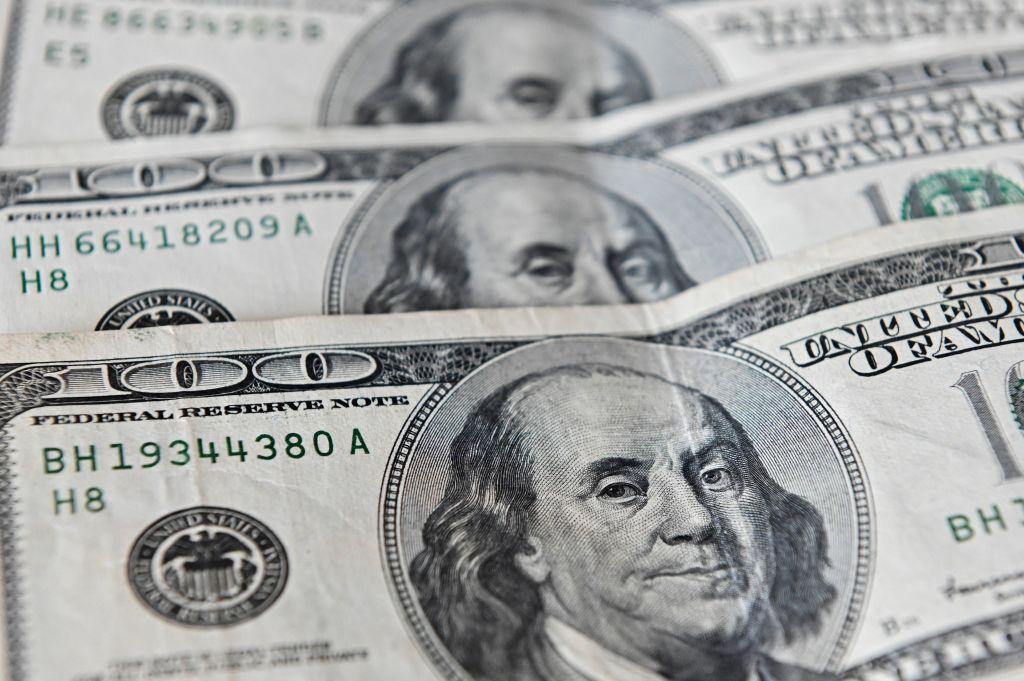The term “trickle-down economics” is nothing more than a label used by opponents of capitalism to disparage free markets, according to economist John Humphreys.
Humphreys, the chief economist at the Australian Taxpayers Alliance, said despite the term being widely used, it was nowhere to be found in economics studies.





